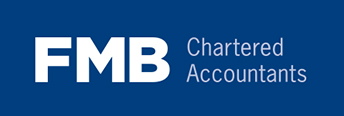A new type of funding concept which is fast gaining popularity is Crowdfunding. It’s the practice of financing a project or venture by seeking many small amounts of money from a large number of people, typically using an online platform.
Crowdfunding is used to raise money for a variety of purposes, from donations for charitable or other philanthropic initiatives to reward-based investment for start-up businesses. In a depressed world-wide economy, it is seen by many as having the potential to be a very useful tool for businesses and other projects to access finance in a cash-starved environment.
The European Commission has recognised the growth in Crowdfunding and as a result has launched a consultation paper covering the forms of crowdfunding and what it describes as a range of “soft-law measures”. The ideas which the Commission is considering in order to unleash its full potential include raising public awareness of crowdfunding and ensuring that EU-wide access is given to crowdfunding platforms. Apart from its many benefits, the consultation paper also addresses the risks and challenges of crowdfunding and the potential safeguards required to protect against illegal or undesirable practices in the areas of fraud prevention, intellectual property protection and anti-money laundering.
Crowdfunding may provide an alternative to the many Irish entrepreneurs and businesses struggling to access finance. The accessibility of the internet and social media makes its reach almost universal, a very different scenario from the traditional method of raising finance which generally involves seeking larger investments from a much more limited pool of potential investors.
Sign up for our quarterly Newsletter and keep up-to-date with FMB news on business, finance and more.







